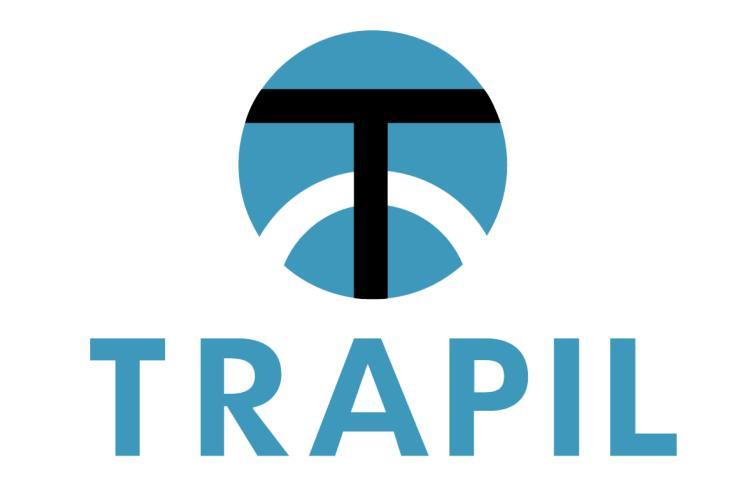Trapil Leading France Into The New Energy Future

Société des Transports Pétroliers par Pipelines (Trapil), the leading company for refined product (petrol, diesel, heating oil, jet fuel) pipeline transport in France, is strengthening its commitment to the energy transition by adapting one of its pipelines between the Basse-Seine and Paris regions to facilitate the significant and safe transport of low-carbon liquid fuels such as bioethanol.
Bioethanol is the most widely used biofuel in the world and France is the No 1 European producer.
Produced from plant biomass, bioethanol incorporated into gasoline (SP95-E5 and SP95-E10, Superethanol-E85 and ED95) emits CO2 during combustion in engines that has already been removed from the atmosphere being captured and fixed by plants during their growth.
Bioethanol consumption is growing strongly in France. Every measure shows this growth will continue due to the absence of particle emissions during combustion and to its contribution to the reduction of CO2 emissions (1 million tonnes saved each year thanks to bioethanol produced in France).
As a result there has been a big increase in tank-truck traffic between the production plants and the depots in the Paris region where fuel transporters come to refuel to supply service stations. This additional traffic increases the risks associated with the transport of hazardous materials, increases traffic congestion and worsens the carbon footprint of bioethanol.
Trapil has actively been studying the adaptation of one of its pipelines between Normandy - a bioethanol production or import area - and the main depots in the Paris suburb. A far superior solution vis-a-vis tank trucks, as the company will be in a position to transport this type of cargo safely, economically and with low CO2 emissions and allow it to be incorporated into the gasoline Blendstock for Oxygenate.
In a press release on this new development, Trapil notes that "pipelines are vital arteries for the supply of liquid and gaseous energy to major urban and industrial centres. They can transport considerable quantities over long distances under optimum conditions of safety, availability and reliability. Pipelines are very energy efficient since they consume almost only the electricity needed to pump the product without the need to move the container, unlike trucks, railcars and river barges, or to make a return trip. Over the same distance, energy consumption of a pipeline is 7 times lower than that of a tank-truck.As the electricity produced in France is largely carbon-free, the pipeline emits very little greenhouse gas: its carbon footprint is 30 times smaller than that of a truck and 20 times smaller than that of a river barge."
Trapil operates three large multi-product pipelines in France : the Le Havre-Paris pipeline (LHP), which it owns, the Mediterranean Rhone pipeline (PMR) and the NATO pipelines in France (ODC). Together, they represent a total of 35 millions tons of refined products transported between refineries, port terminals and depots close to large cities, supplying mainly car fuel, jet fuel and domestic fuels. More than half of the french consumption is conveyed through its networks representing : 4,700 kilometers of main lines, 850,000 cubic meters of tank farms, 160 pumping and delivery facilities.

